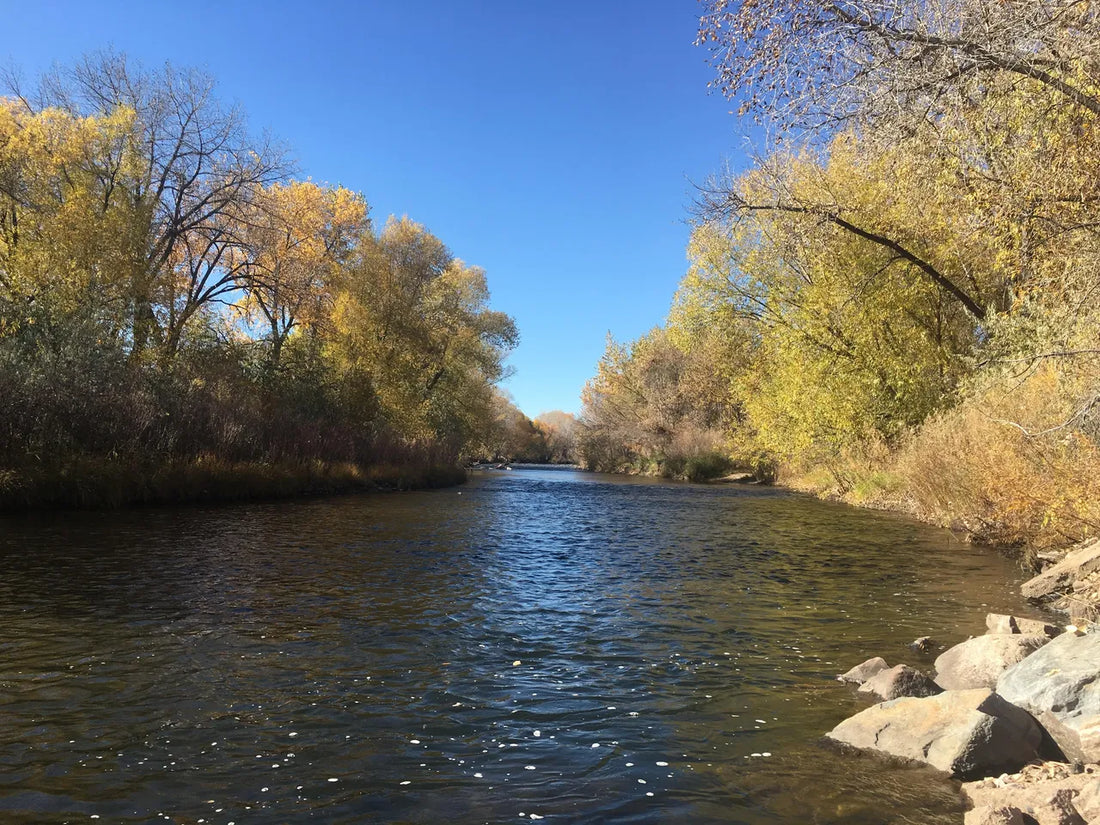
What is the Water Cycle and Why is it Important?
Share
This is post 1 of 3 of the Reef Healers Water Series.
Water’s remarkable journey: Providing life from the mountains to the seas.
The water cycle, also known as the hydrologic cycle, is the continuous movement of water on, above, and below the Earth's surface. This remarkable process is essential for maintaining balance, health, and vitality for all life on earth, including land and ocean ecosystems. Understanding the water cycle and how it connects all of us is crucial to recognizing the impacts human activities play on these resources and how each of us can better protect and preserve the ecosystems depending on this simple, yet highly complex system.
Keeping it simple, the water cycle begins when water evaporates from the earth, lakes, and oceans; or transpires from living plants as vapor before condensing in the atmosphere to form clouds. These clouds often move inland before releasing their weight as precipitation in the form of rain or snow. The water creates snowpacks, glaciers, lakes, aquifers, and fertile land, all of which are essential to balanced ecosystems. Although certain water resources such as glaciers may stay put for extended periods of time, most will continue the cycle as runoff in a journey downhill creating creeks, streams, and rivers or infiltrating into the ground to nourish life on its way to the sea.
Rivers act as an effective transportation system for water resources, food, nutrients, and mineral sediments to downstream ecosystems that depend on them. This critical role of connecting water resources from the mountains to the oceans acts like living veins that transport nutrients from one part of the body to another. This highway of life filters and cleans water as it flows through various materials, debris, and the river bed, removing impurities and pollutants. When rivers are healthy, they help ensure that the water reaching the ocean is clean, oxygenated, and free from various harmful pollutants, therefore benefiting the life forms that depend on river outputs in estuaries and at sea. In this way, rivers and other inland water sources play a vital role in the health of ocean ecosystems and the security of coral reefs. When rivers and lakes are polluted or damaged, this can disrupt the water cycle and quality, harming the sensitive health of coral reefs and ocean ecosystems.
The water cycle is a complex and interconnected system, and human activities can have significant positive and negative impacts on these delicate resources. Reef Healers is creating community passion to love and respect ALL stages of the water cycle from the slopes, along the creek in our backyard, or at the estuary feeding into the ocean. Promoting and maintaining a unified approach to this natural system ensures a healthy world for generations to come.
